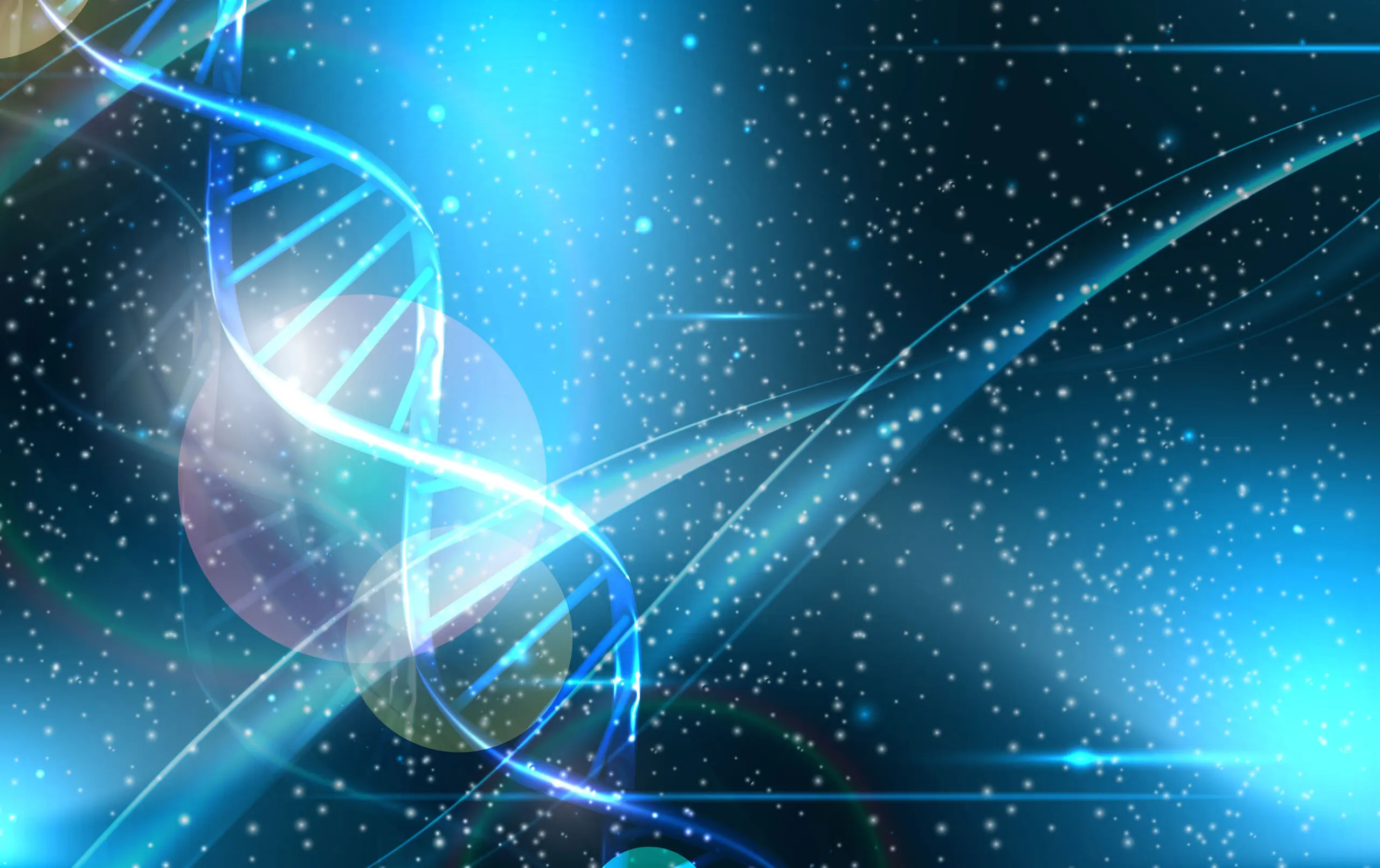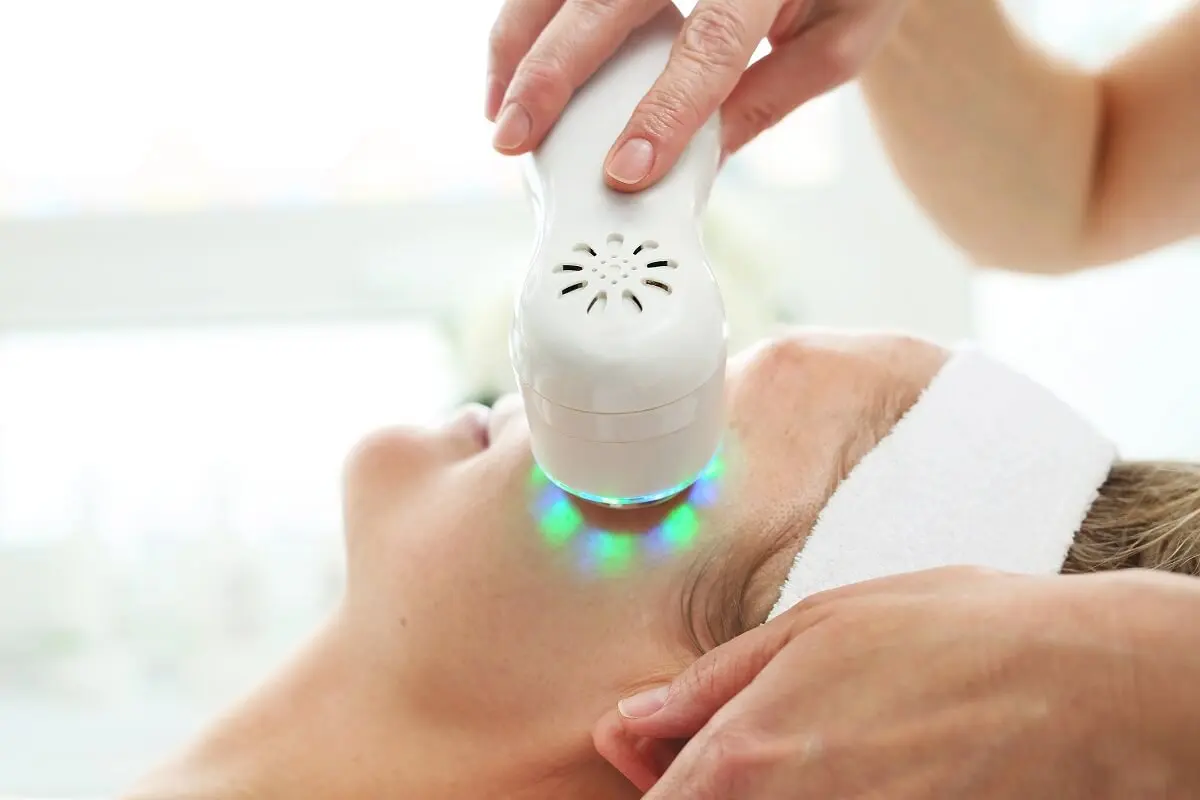Water Allergy: Symptoms and Treatment

Many people haven’t heard of the so-called water allergy, as it’s a very rare and quite dangerous condition. So far, only 40 people in the world are known to have received this diagnosis.
Water allergy causes a person to develop red spots or other types of irritations on their skin when they come into contact with the liquid. It doesn’t matter if it’s hot or cold.
In fact, people with this condition even become intolerant to their own sweat or tears. As you might expect, this has serious consequences for a normal life.
What is water allergy?
Water allergy is the popular name given to a condition called aquagenic urticaria. It’s a form of urticaria that occurs on contact with water, either through the skin or by ingesting it.
This rare condition occurs more in women and the first symptoms usually appear in adolescence. It’s a paradoxical problem, since 60% of the body is made up of water. Even so, those affected develop itchy hives if they come into contact with the liquid.
At the moment, there’s no cure available for water allergy, although research is progressing in many countries. If the negative effects take hold in the throat area, it’s life-threatening.
Causes of water allergy
Science hasn’t yet been able to pinpoint the causes of water allergy. However, there are several hypotheses. One of them points to a genetic origin. Specifically, it would correspond to a mutation in gene 2q21, the same gene that’s linked to congenital lactase deficiency.
Another hypothesis claims that water, as such, isn’t the cause of the allergy, but, rather, some substances that are dissolved in it. It is also stated that, on contact with the liquid, some skins create a toxic substance that leads to the formation of hives.
It has also been suggested that it occurs because affected persons have an antigen in their skin that dissolves on contact with water. This substance would activate the immune system.
In the latter case, it’s suggested that, upon dissolving, the antigen would pass through the outer layers of the skin. This would lead to the release of histamine by the white blood cells. The substance then causes edema, dilation of the capillaries, and all the symptoms of urticaria.

Symptoms
The characteristic symptom of water allergy is the appearance of small red welts, between 1 and 3 millimeters, on the skin. These appear 5 to 30 minutes after contact with the liquid. They usually disappear on their own after 30 to 60 minutes.
It is also possible to see small welts without redness. However, there’ll be a burning or itching sensation on the skin.
The welts appear on the arms, neck and chest.
This allergy can lead to anaphylactic shock. The symptoms of severity are as follows:
- Wheezing when breathing
- Shortness of breath
- A swollen face
- The sensation of having an obstacle in the throat.
Read more here: Living with Dust Allergy
Diagnosis
The diagnosis of water allergy should be made by a dermatologist. A simple test is usually performed, which consists of the following:
- Place a paper compress soaked in water on the person’s back, at a temperature of 35 degrees Celsius.
- Wait 15 to 30 minutes.
- If, after this time, the characteristic hives appear, the expert will conclude that the test has given a positive result for water allergy.
However, it’s important to rule out other similar conditions, such as the following:
- Aquagenic pruritus: This reaction doesn’t cause hives, but pruritus. It’s almost always limited to the lower limbs.
- Cholinergic urticaria: The lesions are similar, but aren’t formed by contact with water alone.
- Cold urticaria: There’s an allergic reaction to cold water (and anything else cold), but not to warm or hot water.
Read more about: How Chronic Urticaria Affects Your Quality of Life
Treatment for water allergy
Water allergy is incurable, but it is possible to offer a palliative approach. It should be noted that some people have only a mild and tolerable reaction. In such cases, no action is taken unless the situation worsens.
The usual treatment, when symptoms are more intense, focuses on the use of antihistamines. These should be taken 2 hours before contact with water.
Anticholinergics, such as scopolamine, may also be prescribed. Barrier creams or oils are also sometimes used, and usually in people who practice water sports.
The following treatments may also be effective:
- Ultraviolet light: UVA radiation is used, together with oral administration of psoralens. This may decrease the skin response to contact with water.
- Desensitization: This is a technique used in different allergies. It acts as a vaccine. It consists of exposing the patient to water gradually, until they develop tolerance.

Advice and care for patients
No person can completely abstain from contact with water. Therefore, it’s advisable to take measures so that the pathology isn’t a totally limiting factor.
The following advice is recommended:
- Take short showers only 2 or 3 times a week.
- Wear light cotton clothing to shower if direct contact can’t be tolerated.
- Increase consumption of fruits and vegetables. This helps to compensate for the lack of hydration.
- Swap water for soft drinks or fruit juices.
- Drink water using a straw. This prevents water from coming into contact with the lips.
- Protect yourself from the rain. It’s important to be aware of weather forecasts.
- Don’t engage in physical activities that lead to excessive sweating.
- Apply lanolin oil or creams to protect the skin.
- Avoid contact with the sea and swimming pools.
The most important thing is to follow the dermatologist’s recommendations to the letter. Each case is different.
Research is currently underway in several countries to find the causes of water allergy and any possible cure. Some experimental drugs seem to be giving good results.
All cited sources were thoroughly reviewed by our team to ensure their quality, reliability, currency, and validity. The bibliography of this article was considered reliable and of academic or scientific accuracy.
- Järvelä, I., Enattah, N. S., Kokkonen, J., Varilo, T., Savilahti, E., & Peltonen, L. (1998). Assignment of the locus for congenital lactase deficiency to 2q21, in the vicinity of but separate from the lactase-phlorizin hydrolase gene. The American Journal of Human Genetics, 63(4), 1078-1085.
- Alarcón, J. M. S., López, H. P., & González, Y. (2018). Urticaria a frigore. Folia Dermatológica Cubana, 10(1).
- Buller Viqueira, E., Cabello Pulido, J., & Buller Viqueira, E. (2016). Urticaria acuagénica. Revista Clínica de Medicina de Familia, 9(1), 57-59.
This text is provided for informational purposes only and does not replace consultation with a professional. If in doubt, consult your specialist.








